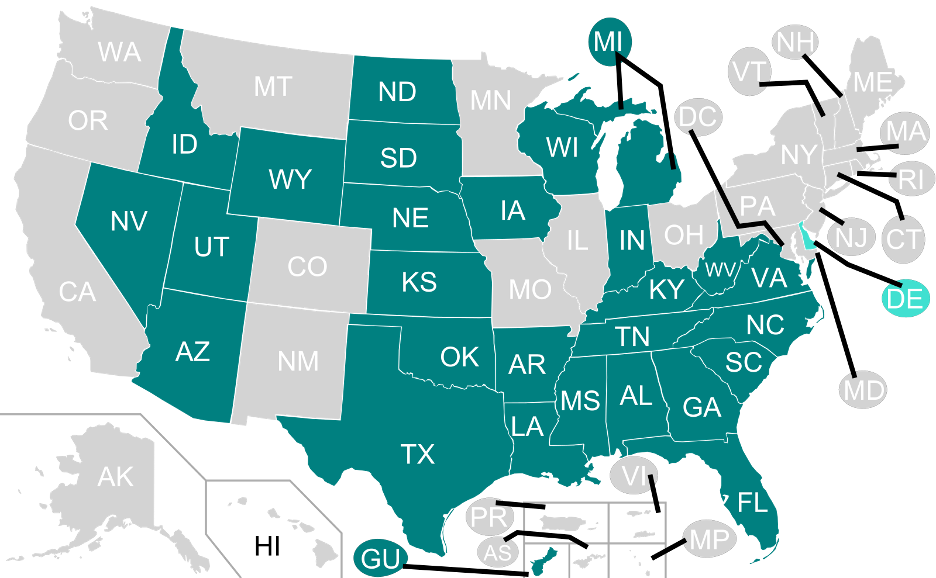Last November, Tennessee joined eight other states in recognizing worker freedom as a fundamental right by constitutionalizing right-to-work – the law that protects workers from losing their jobs for choosing not to support a union that doesn’t align with their values and interests.
Nearly 70% of voters, over 1.1 million, supported the amendment to secure the law within the state’s constitution following 75 years of being a right-to-work state, which has had promising economic and social outcomes for its residents.
Americans across the country have demonstrated overwhelming support for worker freedom, especially in Tennessee, which is one of 28 states that observe right-to-work laws and its benefits, including Michigan. According to data from a recent Harvard study, right-to-work states have:
- Lower unemployment rates
- Higher workforce participation
- Lower disability rates than residents of similar non-RTW areas
- Higher population growth
- Lower childhood poverty rates
- Greater upward mobility
These are the statistics that speak volumes to why Tennessee is often referred to as a “pro-business state,” which is driving Fortune 500 companies to the state to set-up shop. We’re largely seeing this with the auto industry as automakers are choosing Tennessee over Michigan as a home state for electric vehicle production. Both Ford and GM have joined that list, making multi-billion-dollar investments in the state.
Michiganders deserve the right to worker freedom and economic property, and we have the potential to trail behind Tennessee’s success by implementing policies that drive that growth – like right-to-work laws, which are on the table for discussion at our state’s capital this year despite overwhelming consistent support.
Talk with your local legislators about why preserving right-to-work is important, so we can help Michigan enact laws that attract the same success as Tennessee.


